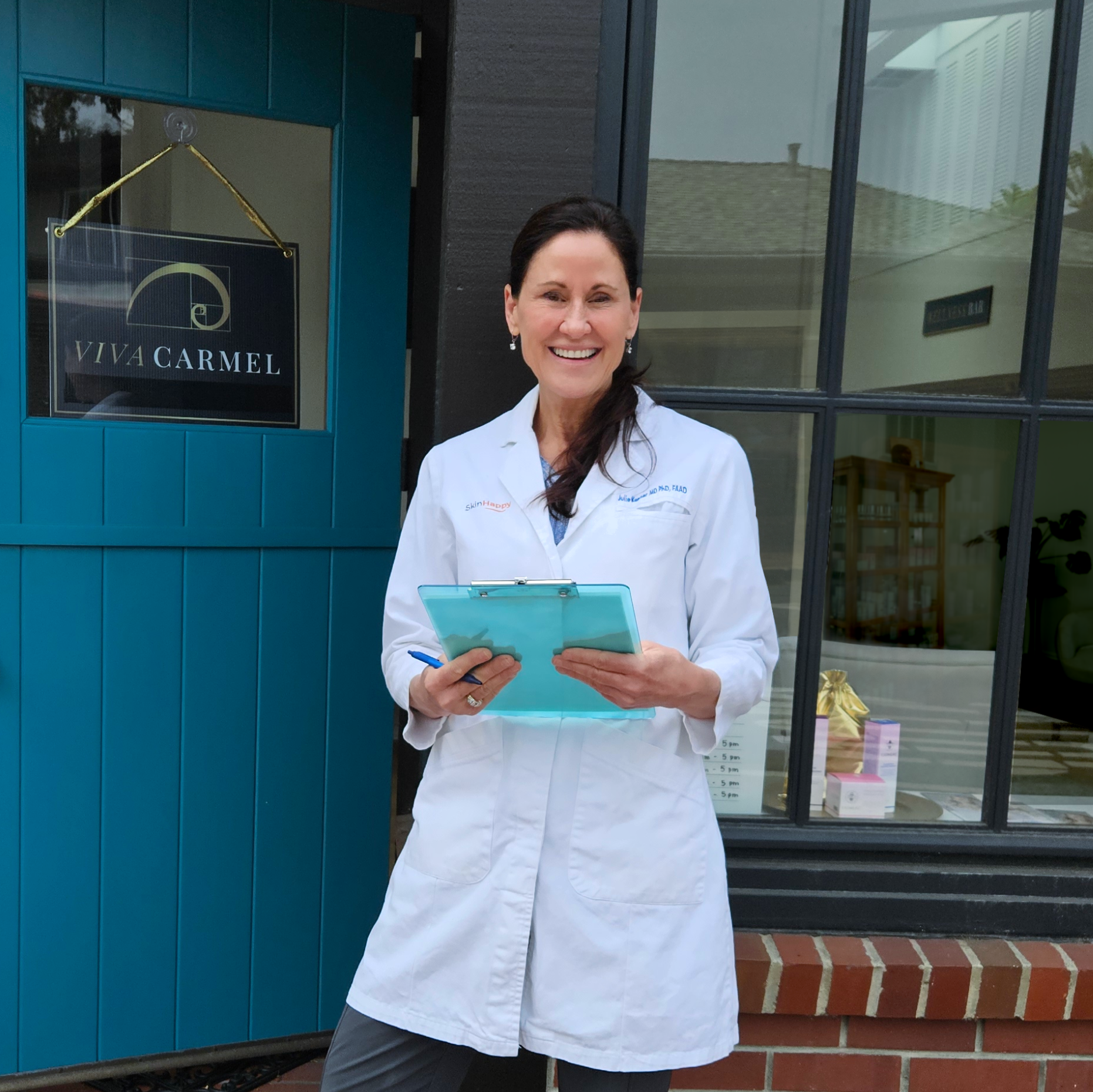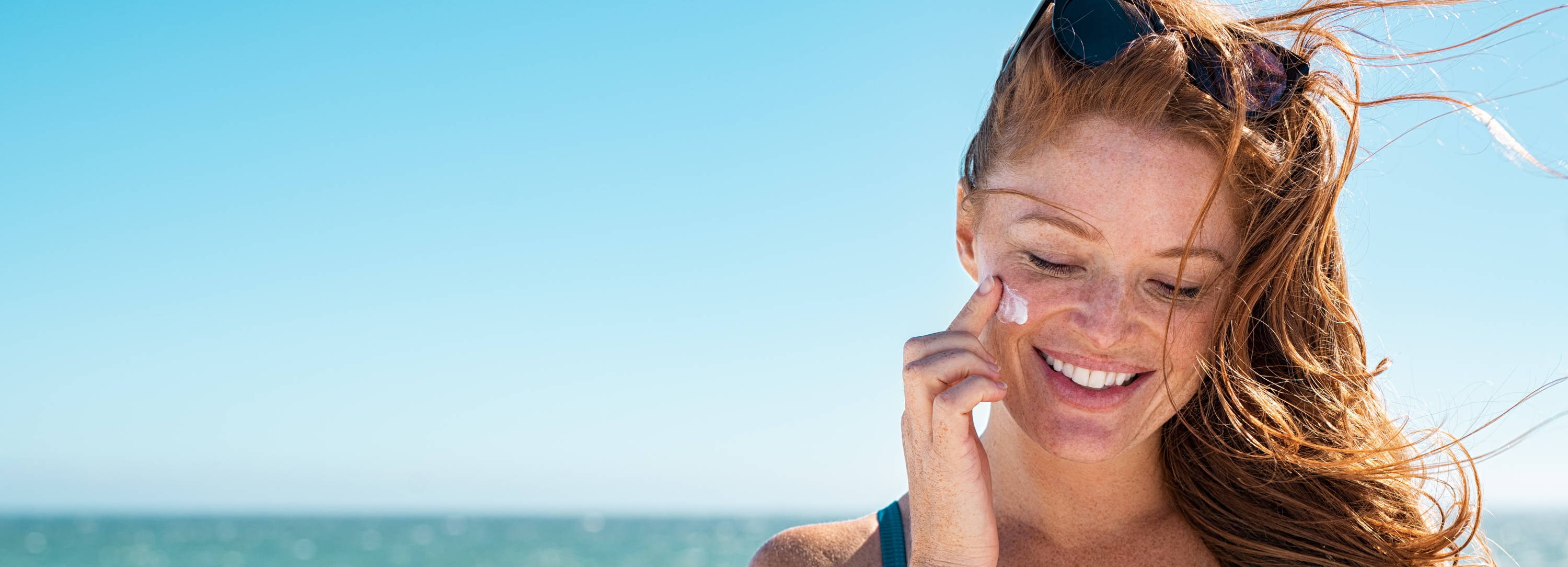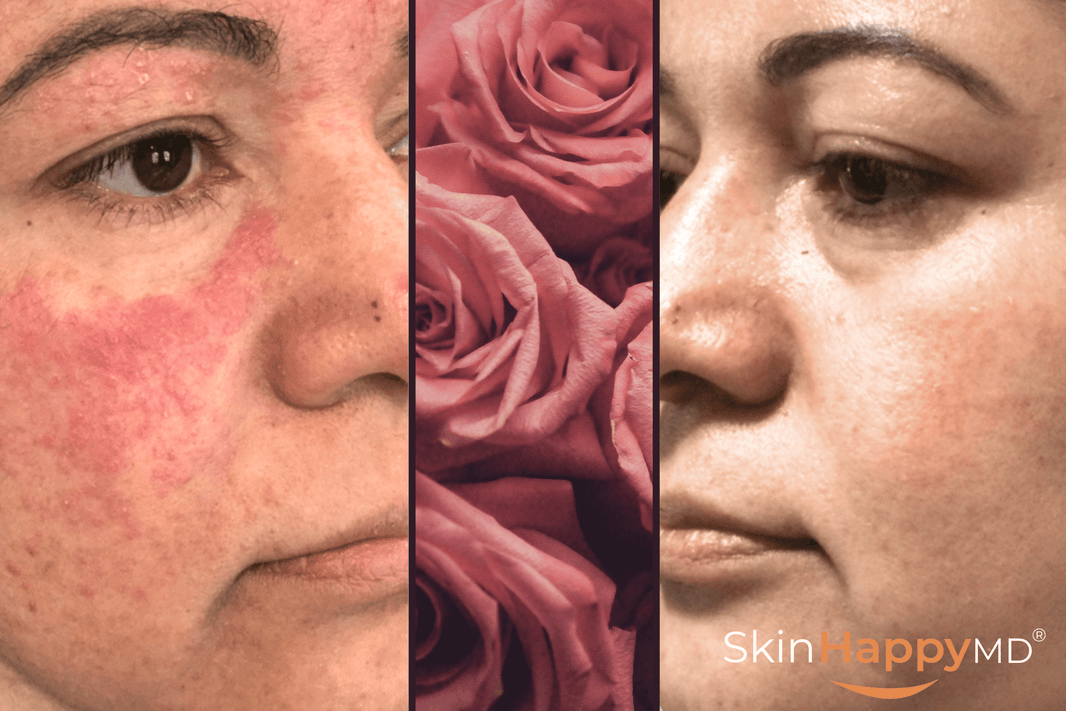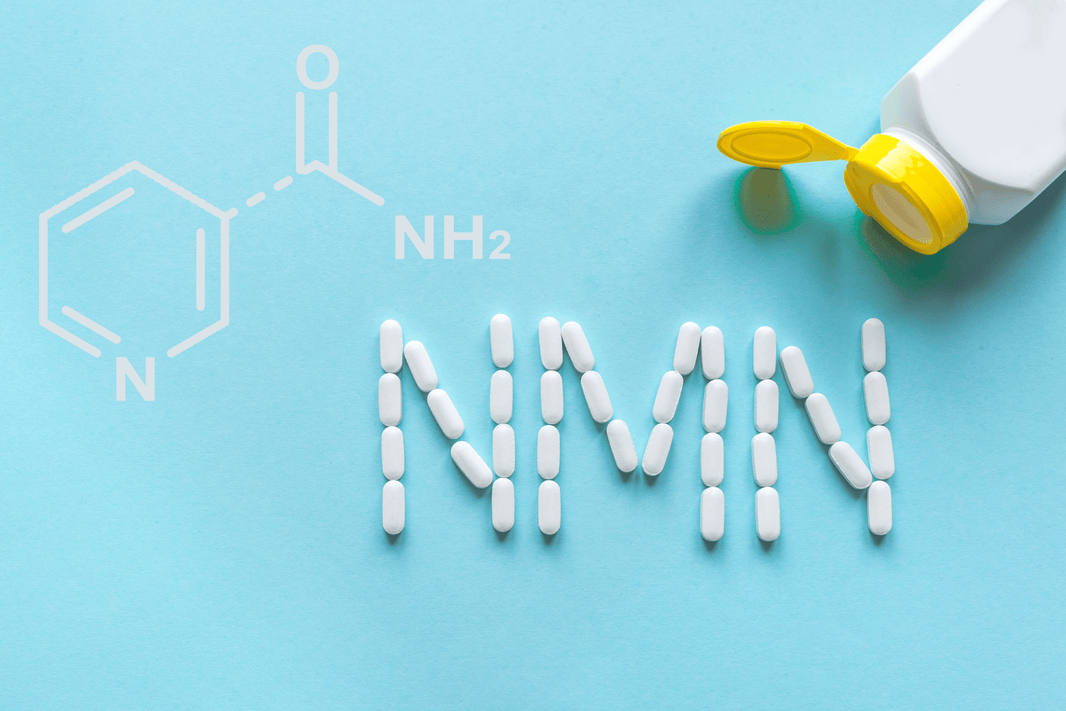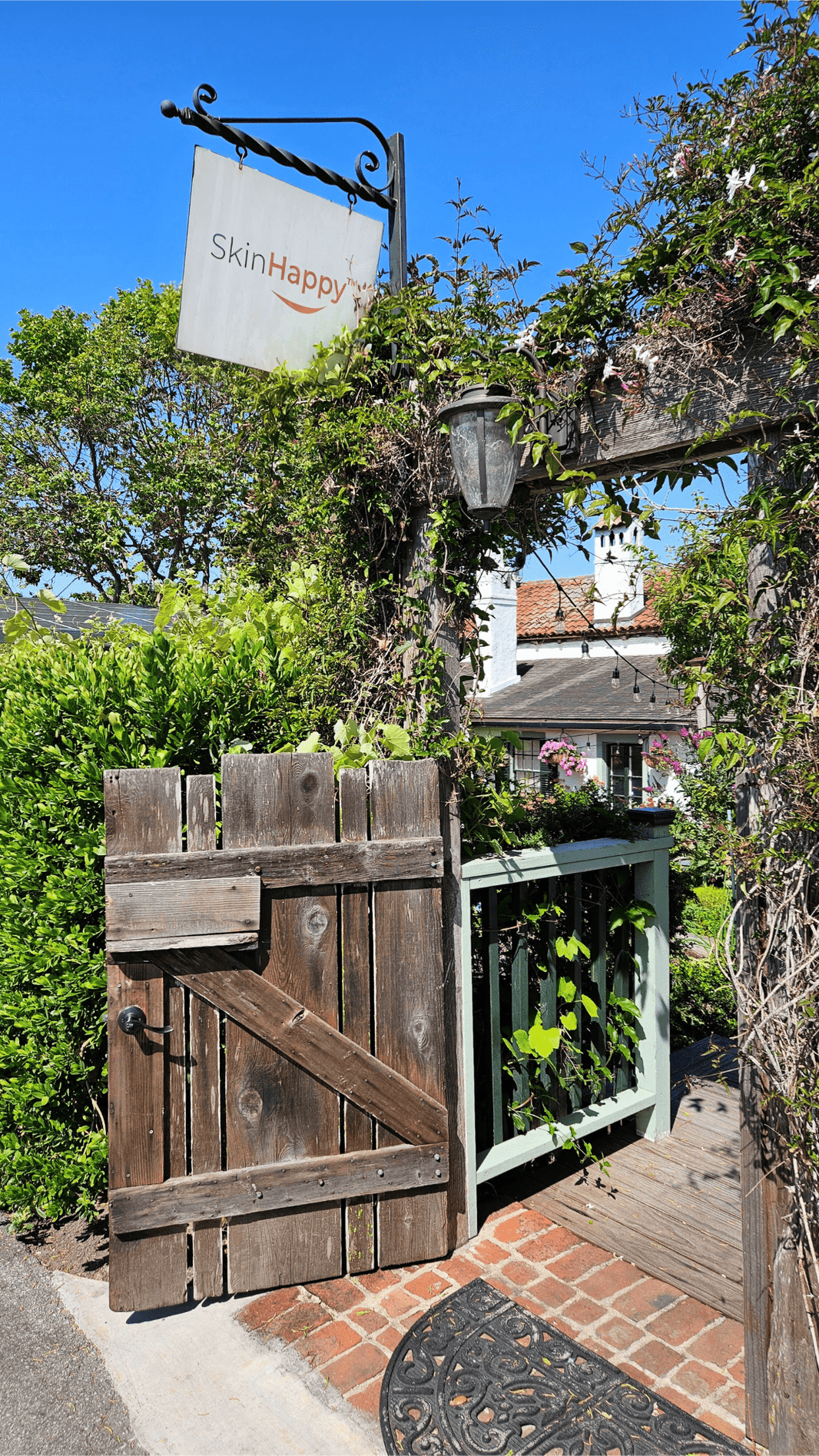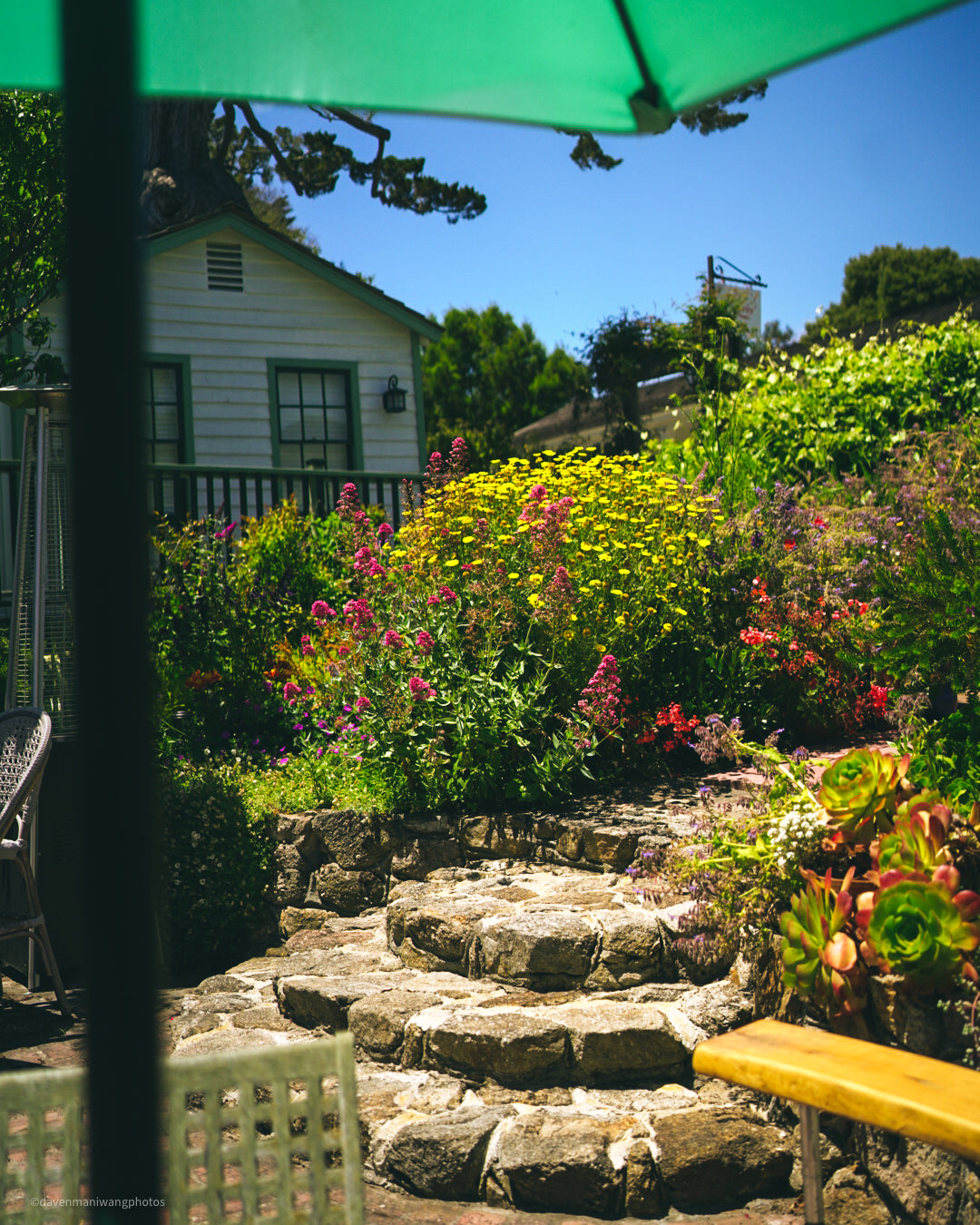Everyone needs sunscreen! Sun protection is for all ages, all genders, and all races. The damage from the sun can affect everyone, and the sun’s UV rays can cause premature aging, unwanted pigmentation, and skin cancer. Although we can do a lot with topical medications and products, premature aging from sun damage can take a long time to reverse or may not be reversible. Regular sunscreen use will help protect your skin from these factors.
What Type of Sunscreen Should I Use?
Generally, the best sunscreen is the sunscreen you can use every day! I recommend people use a broad spectrum sunscreen, which means it blocks UVA and UVB rays. I also recommend a sunscreen that is SPF 30 or higher. It should be noted that the SPF rating only applies to how well it blocks UVB.
There is no equivalent rating scheme for UVA; unfortunately, the UVA spectrum is much broader and, therefore, more challenging to block UVB completely. A good rule of thumb is to look for high levels of zinc oxide in your product, as this chemical blocks UVA and UVB quite well!
What's the Difference Between UVA and UVB?
The sun’s light contains two types of harmful rays that reach Earth: UVA and UVB. Too much exposure to these rays can cause many concerns in the skin. Here is the difference between these two rays:
- UVA rays (aging rays) prematurely age your skin. These rays cause fine lines, wrinkles, age spots, and these rays can pass through windows and clouds.
- UVB rays (burning rays) are the main culprit of sunburns
The United States Department of Health & Human Services and the World Health Organization’s International Agency of Research on Cancer have declared UV radiation from the sun and artificial sources, such as tanning beds and sun lamps, a known carcinogen (cancer-causing substance). Tanning your skin in the sun or tanning beds damages your skin, and as this damage builds, you speed up the natural aging process and increase your risk of skin cancer.

When Should I Use Sunscreen?
Everyone should use sunscreen daily; it is encouraged to reapply it throughout the day regardless of the weather or time of the year. Suppose you are outside most of the day. You will be around water or doing a strenuous activity that may cause you to sweat. In those cases, it is important to reapply your sunscreen every two hours throughout the day. Skin cancer can also form on the lips; use a lip balm or lipstick containing a sunscreen SPF of 30 or higher to protect them.
What is Visible Light? How Do I Protect My Skin From It?
Visible light is defined as any light that the human eye can see. Visible light emanates from nature, ceiling lights, cell phones, computers, TVs, etc. It can cause damage in both light and dark-skinned individuals.
Broad-spectrum sunscreens protect against UV radiation, but most do not adequately protect against visible light. A sunscreen must be visible on the skin to protect against visible light. You can save your skin against visible light by using a broad-spectrum sunscreen that says “tinted” on the label and has an SPF of 30 or higher.
What's the Difference Between Chemical and Physical Sunscreens?
The difference between chemical and physical sunscreens is when chemical sunscreens are applied, the sunscreen sinks into your skin and acts like a sponge. In contrast, physical sunscreens sit on the surface of your skin and act like a shield. The formulation of chemical sunscreens tends to be easier to rub into the skin without leaving a white residue.
Although physical sunscreens, also known as mineral sunscreen, often leave a white residue, this sunscreen is better for people with sensitive skin. The best way to avoid the white residue in a physical sunscreen is to find one that is tinted. The ingredients for a chemical sunscreen are Oxybenzone, Avobenzone, Octisalte, Homosalate, Octocrylene, and Octinoxate. Physical or mineral sunscreen ingredients include Zinc oxide and Titanium dioxide.
Is a Higher SPF Better Than a Lower One?
The higher SPF, the more it protects us from UVB rays. An SPF of 30 will allow 3% of UVB rays to hit your skin, while an SPF of 50 will allow 2% of UVB rays to hit your skin. Some people may look at a higher SPF sunscreen and think they will only need to apply it once, thinking it will protect them better. This understanding is false. It is important to reapply your sunscreen no matter how high the SPF is.
Does Sunscreen Lose Strength? Can I Use the Same Sunscreen I Bought Last Summer?
The FDA requires sunscreens to retain their original strength for at least three years. But you should apply sunscreen every day and reapply it throughout the day. If you follow this recommendation, it is unlikely that you will hold on to the same bottle for a year. You can check the label's expiration date or review the product for discoloration or consistency changes.
Final Thoughts
As mentioned before, everyone needs sunscreen every day, regardless of age, race, gender, time of the year, or the weather. One of the best things to do for your skin is to apply sunscreen daily to protect it from the sun's harmful rays.
Think about how you brush your teeth every day to protect your teeth from tooth decay and gum disease. We apply sunscreen daily to protect our skin from premature aging and sun cancer. Many companies offer many different types of sunscreens. It is essential to remember your skin only needs a broad-spectrum sunscreen to protect it against UVA and UVB rays and an SPF rating of 30 or higher.


